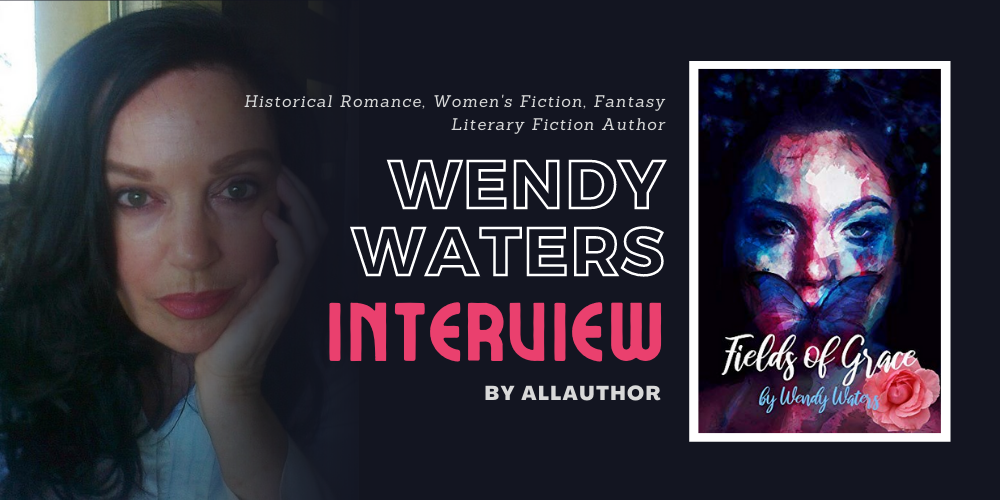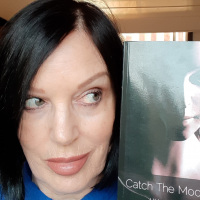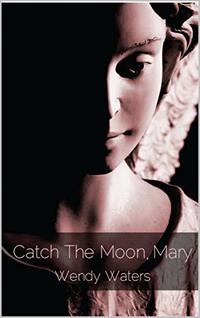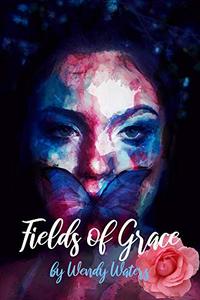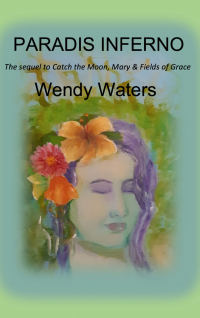Born in Australia, what do you miss the most about your childhood?
I miss the sense of freedom and the feeling that everything would be taken care of by my parents. I also miss the spontaneity with which I approached life and the feeling that I was somehow immortal!
What hobby do you miss most from your childhood? Why?
Catching tadpoles and watching them grow into frogs. I also kept a box of silkworms that became moths. I also collected cicadas in summer and traded them at school for different coloured cicadas, the most valuable being the Cherry Noses, Black Princes and Floury Bakers. The most abundant cicadas were the Green Grocers.
Do you remember the first story you ever read and the impact it had on you?
I vividly remember the first story ever read to me. It was The Happy Prince by Oscar Wilde and our teacher read it to us on our very first day at kindergarten. I found it profoundly moving. The first story I ever read was The Apple Fairy and the lesson I learned was to always put your blossoms out or there will be no fruition.
How did your friends and family react to your first book?
They were wildly supportive of Catch the Moon, Mary but that enthusiasm has largely waned now with my second book, Fields of Grace. It’s as if the novelty of my being a published author has worn off!
What made you realize that you wanted to be a writer?
When I acknowledged the great pleasure I derived from creating worlds.
What challenges did you face while publishing your debut novel Catch the Moon?
No publisher wanted it because the themes are complex and it’s highly original. I pitched the MS for seven years before a small publisher in Scotland signed it but even she lost faith in it and so I decided to self-publish.
How has been your experience of co-writing a musical with composer Shanon Whitelock?
As a lyricist and librettist it’s always a joy to work with brilliant composers like Shanon Whitelock and Ricardo Nunes Fernandes.
What helps you grow as an author?
Always striving for a better way of telling my stories.
What challenges did you face while setting your novel, Fields of Grace against a backdrop of war in 1930s’ Europe?
I had to research the period very carefully and find a window of safety for my Jewish protagonist to visit Berlin with the main character. That window was the Berlin Olympic Games held in 1936.
When writing novels, is it better to have daily time-spent-writing goals or words-written goals?
Daily time is far more important than word count goals. It is quality over quantity.
How did you feel after winning the Women's Weekly/Penguin Short Story Contest 2007?
Amazed and slightly cynical because suddenly all the agents who refused to answer my emails were calling me offering me representation. In the end I went with none of them.
How can singers not get tired of singing the same songs over and over when they're performing?
Every performance has a new audience and a new level of connection to both the lyrics and the people who have paid to see you. When I was a professional singer I focused on connecting with my audience.
Who would you consider the best lyricists of the 20th Century?
Jacques Brel, Tim Rice, Dorothy Fields, Berne Taupin, Steven Sondheim, Paul Simon, Joni Mitchell, Jimmie Webb and Steven Schwartz.
Which is the next book you are working on? Is it a series or a stand-alone book?
I am working on a combined sequel to both Fields of Grace and Catch the Moon, Mary because one character from CTMM has married one from FOG. So in this respect all three of my books have become interconnected enough to be regarded as a series.
Lastly, what are your thoughts and opinions on AllAuthor and its services?
I think you are leading the field and I thank you so much for your support.
